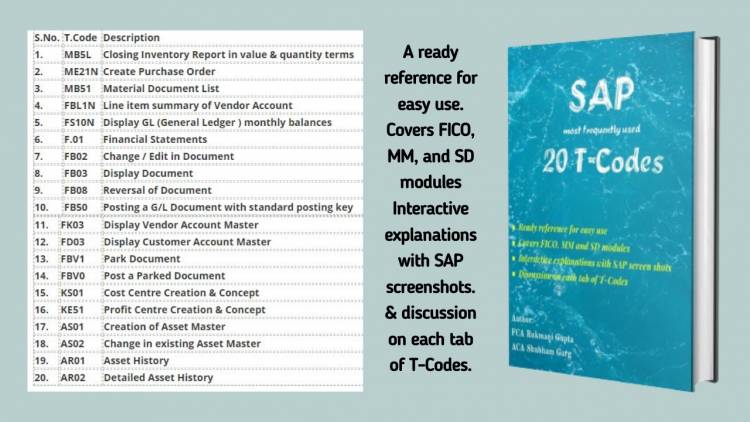Collection and Recovery provisions - Income Tax
Collection and Recovery of Tax
Notice of Demand: Section 156
Assessing officer shall serve upon the assessee a notice of demand in form no. 7, when any tax or penalty, fine or other sum is payable in consequence of any order passed under the Act.
However, intimation sent under section 143(1) or section 200A(1) or section 206CB(1) shall be deemed to be notice of demand if any sum is payable. (proviso to section 156)
If the amount specified in such intimations is not paid within 30 days, then interest @1% per month or part of the month is required to be paid. (section 220 (1) and (2))
The Principal Chief Commissioner or Chief Commissioner or Principal Commission or Commissioner may reduce or waive the amount of interest paid or payable by an assessee u/s 220(2), if he is satisfied about:
- Genuine hardship to the assessee because of such payment
- Circumstance were beyond the control of assessee
- The assesse has cooperated in enquiry
Application of waiver of interest to be disposed within 12 months and the opportunity of being heard to be given to the assessee before rejecting the application is must.
Note:
- Interest u/s 220(2) shall not be charged if charged u/s 201(1A) or u/s 206C(7C).
- Assessee shall be deemed to be in default if payment not made within time (Section 220(4)). And shall be deemed to be in default for whole amount even one installment is not paid. (section 220(5))
- Assessee may not be deemed to be in default
i) Where an appeal has been filed u/s 246A (section 220(6))
ii) Where an assessee has been assessed in respect of income arising outside India in a country the laws of which prohibit or restricts the remittance of money to India (section 220(7)).
- The penalty is any chargeable, the total amount of penalty does not exceed the amount of tax in arrears. (section 221)
The procedure of Recovery of Tax (Section 222 & Rule 117B)
Section 222(1): Tax recovery officer may draw up a statement under his signature  in form 57 specifying the amount of arrears due from assessee who is in default or deemed to be in default and shall proceed to recover from his by one or more of the modes mentioned below:
in form 57 specifying the amount of arrears due from assessee who is in default or deemed to be in default and shall proceed to recover from his by one or more of the modes mentioned below:
- Attachment and sale of moveable properties
- Attachment and sale of immovable properties
- Arrest and detention in prison
- Appointing a receiver for the management of above properties
Jurisdiction of Tax recovery officer: section 223(1) –
- The tax recovery officer within whose jurisdiction the assessing officer carries on his business/profession or within is whose jurisdiction the principal place of business is situated
- The tax recovery officer within whose jurisdiction the assessee resides or any moveable or immovable property is situated
Forwarding the tax recovery certificate to another tax recovery officer: Section 223(2) –
- If not able to recover the entire amount be sale of property within his jurisdiction
- If he opines that to expedite the recovery, it is necessary to do.
Validity of the certificate and cancelation or amendment: section 224 –
- Assessee can not dispute the correctness / validity of certificate
- Recovery officer may cancel or amend the certificate if he thinks it necessary to do
Other Modes of Recovery: Section 226 –
- Deduction from salary
- Attachment of deposits
- Money in court custody
- Distraint and sale of moveable property
Other points
- State govt. may also recover in the same manner as the municipal tax or local tax is recovered. (Section 227).
- Recovery can be made against assessee’s property in foreign country also. (Section 228A).
- Recovery of penalties, fine interest and other sums shall be made in the same manner of the recovery of tax. (Section 229)
- Recovery modes specified in this chapter shall not affects (Section 232):
- Recovery of debts due to govt. under any other law for the time being in force
- The right of Govt. to institute a suit for recovery of dues
 Download APP
Download APP
 P K Gupta
P K Gupta 





































